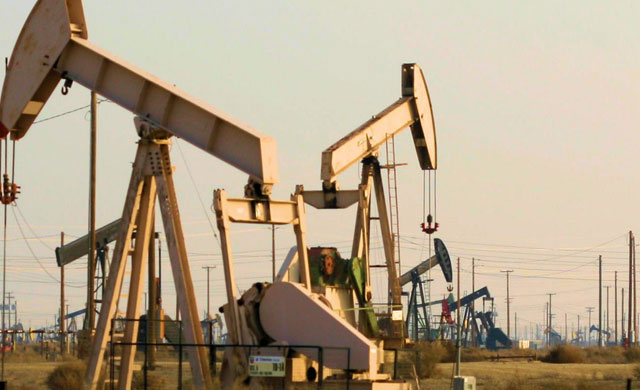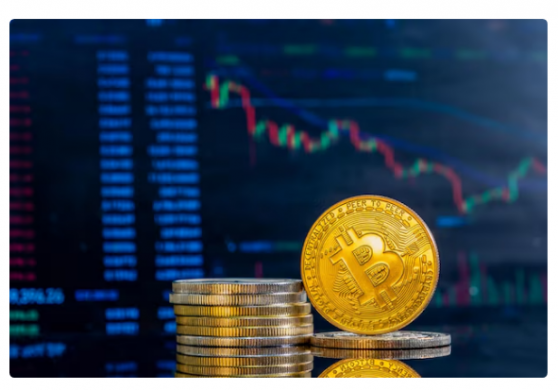I’m quite content to continue holding the portfolio of shares I have; British shares, as a whole, are not over-priced, being at roughly their historical average using most valuation measures. Besides which, I don’t buy the market, I buy shares that are neglected, unloved and cheap. So I’ll carry on doing that.
However, I think the world of finance at the global level is going through one of those weird, losing-touch-with-reality periods.
People speculating on cryptocurrency is but the most extreme expression of this. These bits of nothingness are supposedly worth $300bn. When the people who mortgaged their houses and maxed credit cards to buy these pieces of air discover that there is no greater fool to pass the parcel onto there will be much wailing and gnashing of teeth – they’ll find out that they are the greater fools.
Many financial institutions backing the scams will come a cropper, and there will be domino effects through the system, ending up who knows where.
Oh well, at least we’ll be able to add a chapter to a book that already contains Tulipmania and the South Sea Bubble – Bitcoin has elements of both.
What could go wrong?
There are so many things. In a number of Newsletters posted in June I examined (with statistical evidence) the indebtedness of the Americans and Chinese. If their creditors ever took fright the consequences could be almost as dire as the sub-prime crash.
Admittedly, the banking systems in Europe and the US has been reinforced in the past ten years with much greater liquidity and capital buffers, so the trouble may not be routed through them this time.
But a loss of confidence in things like Chinese property, Chinese giant companies, US growth projections, the low interest rate paradigm, could provoke a shock response in which money is suddenly taken off the table, asset prices fall, begetting greater loss of confidence, begetting more money withdrawal and a general hunkering down.
And then we have political risk, here are a few:
- What happens if the Trump stimulus is nothing but hot air?
- What if the Trump stimulus works really well, and US unemployment is pushed to 2-3%, leading to inflation and interest rates rising to 5%? A lot of capital losses for bond investors? A boom followed rather quickly by recession? Even without a recession interest rates at 5% could bring down the equity markets because bonds then offer higher yields.
- What if war breaks out in Korea, or Iran (take your pick on that one: S. Arabia is spoiling for a fight, Israel is spoiling to get big brother to do its fighting, Trump is a useful fool, and not just for Moscow).
- What if Chinese political leaders clamp down on the shadow banks stopping the flow of money to companies, property developers and local authorities? And they also clamp down on polluting firms and the scandal of the politically-connected getting massive loans?
- What if Chinese buying of assets from Vancouver and Auckland, from New York to London stops?
Vulnerability
All of these risks and many more can be absorbed in a financial system that has low expectations, i.e. low asset prices relative to the likely income flow. But right now we have some of the most extreme pricing ever.
Many markets are priced for a perfect future, e.g. we have interest rates on “junk bonds” at only 4-5%. If the perfect future arrives these investors will be very pleased with themselves. But what are the odds?
Another example is house prices in prime locations; the average London home is price 13 times average income – similar multiples are seen from Sydney to Toronto.
US shares
When it comes to looking at shares around the world, we find some expensive markets, some cheap, and some in between.
The most respected measure of value is the cyclically adjusted price earnings ratio which divides the current price by the average earnings over the last 10 years, thought to be a period long enough to cover years of economic growth and those of recession.
When I wrote in July I stated that at a ratio of 30 the CAPE had never been this high except in two years, 1929 and 1999.
Since then the market has climbed further. Now at 32.5 it even surpasses the level of 1929 (i.e. an earnings yield of 3%, assuming the past ten years of earnings are repeated in the next ten years – I guess a lot of expectation of growth in earnings is built-in).
There is plenty of academic research showing that very high CAPEs generally result in very low equity returns over the next five or ten years – admittedly, they do not necessarily point to a crash though.
Insurance
If you buy insurance to cover the risk of your house burning down and it does not, are you disappointed that you “lost” say £500 on the insurance premium? Of course, yo………..
………………To read the rest of this article, and more like it, subscribe to my premium newsletter Deep Value Shares – click here http://newsletters.advfn.com/deepvalueshares/subscribe-1


















